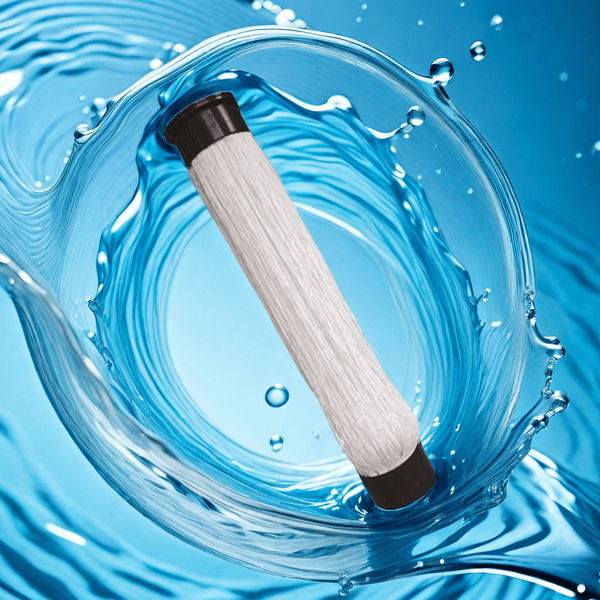Technical methods for oily wastewater treatment engineering
With the development of industry, the production of oily wastewater is increasing day by day, and its pollution problem to the environment is also becoming increasingly prominent. Oil containing wastewater not only causes pollution to the environment, but may also have serious impacts on human health and ecosystems. Therefore, it is crucial to adopt effective techniques for treating oily wastewater.
1、 The challenges and importance of treating oily wastewater
The treatment of oily wastewater faces many challenges, such as stable separation of oil-water mixtures, thorough removal of oil, and secondary pollution control during the treatment process. However, effective treatment of oily wastewater is of great significance for protecting the environment, maintaining ecological balance, and promoting human health.
2、 Technical methods for treating oily wastewater
Gravity separation method: By utilizing the density difference between oil and water, the oil and water are allowed to naturally separate and then discharged separately. This method is simple and easy to implement, but the processing effect is limited and is usually used as a preprocessing step.
Aggregation separation method: By adding specific aggregation agents, oil droplets coalesce into large oil droplets, thereby accelerating oil-water separation. This method can improve the efficiency of oil-water separation, but it requires the selection of appropriate coalescing agents.
Filtering method: Using specific filtering materials to filter oily wastewater, in order to remove oil and suspended solids. This method has a good processing effect, but it requires regular replacement of filter materials.
Adsorption method: Using the adsorption effect of the adsorbent to remove oil from wastewater. Commonly used adsorbents include activated carbon, bentonite, etc. This method can efficiently remove oil, but the adsorbent needs to be regularly regenerated or replaced.
Biological treatment method: Utilizing the degradation effect of microorganisms to treat organic matter and oil in oily wastewater. This method has the advantages of environmental protection and sustainability, but it requires suitable environmental conditions and a longer processing time.

3、 Measures to improve the efficiency of oily wastewater treatment
Optimize process flow: Select appropriate treatment process combinations based on actual conditions to improve wastewater treatment efficiency.
Introducing advanced technology: adopting new oil-water separation technologies, high-efficiency filtering materials, etc., to improve the efficiency of wastewater treatment.
Strengthen operational management: Regularly inspect and maintain processing equipment to ensure that it is in good operating condition.
Training operators: Improve their skill level to ensure the stability and reliability of the wastewater treatment process.
